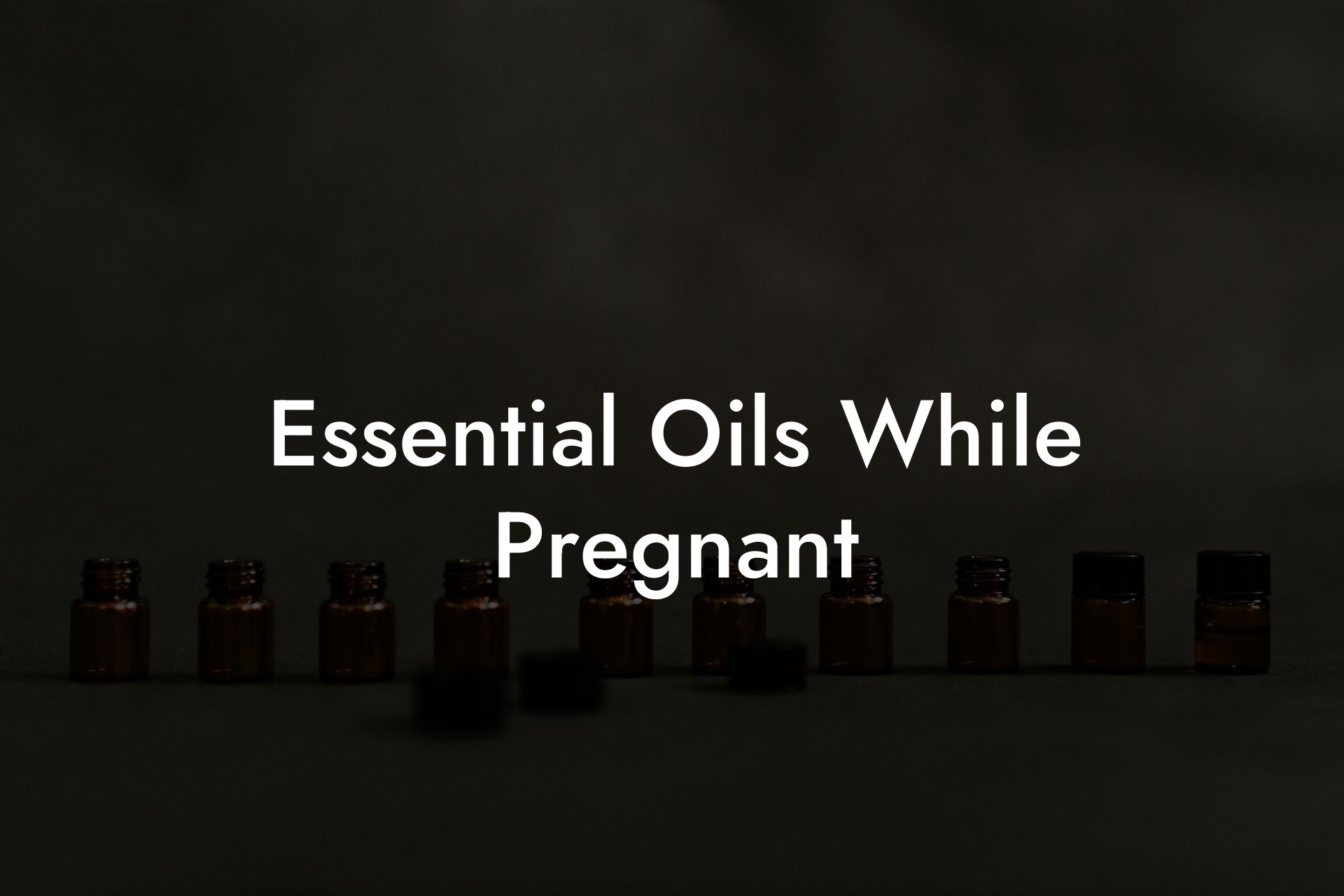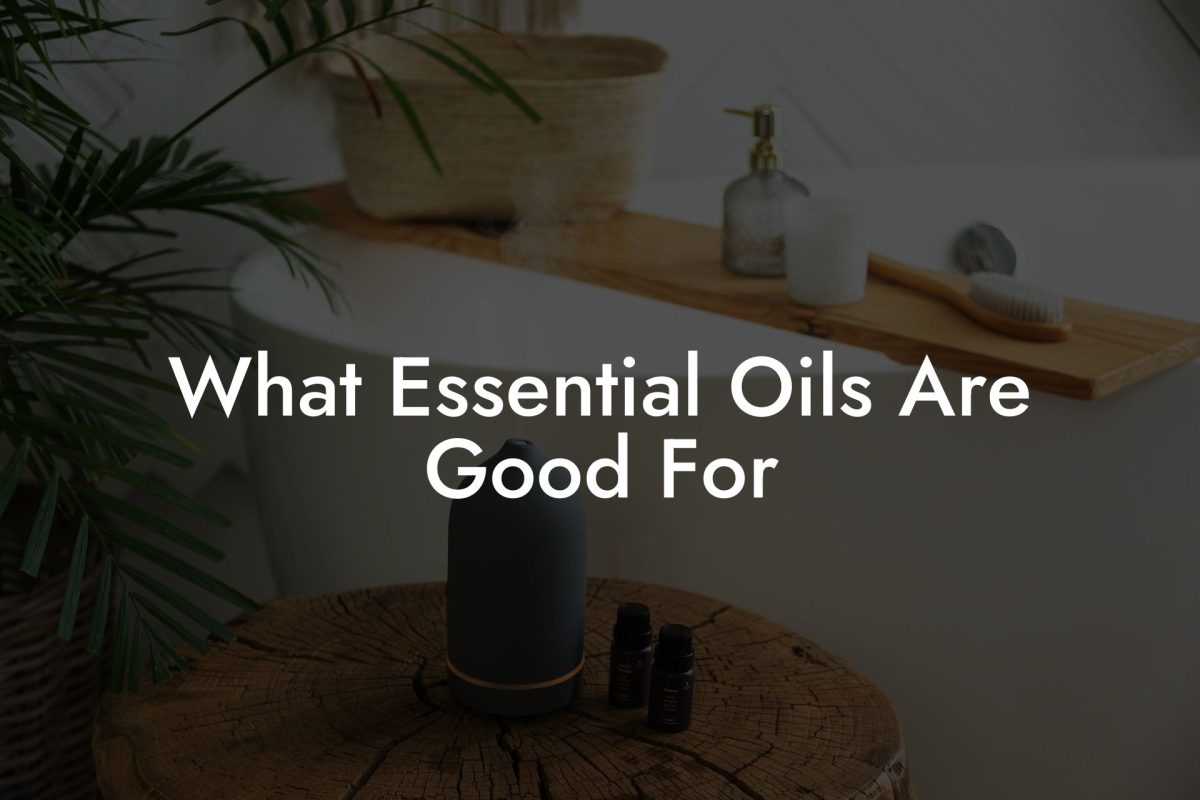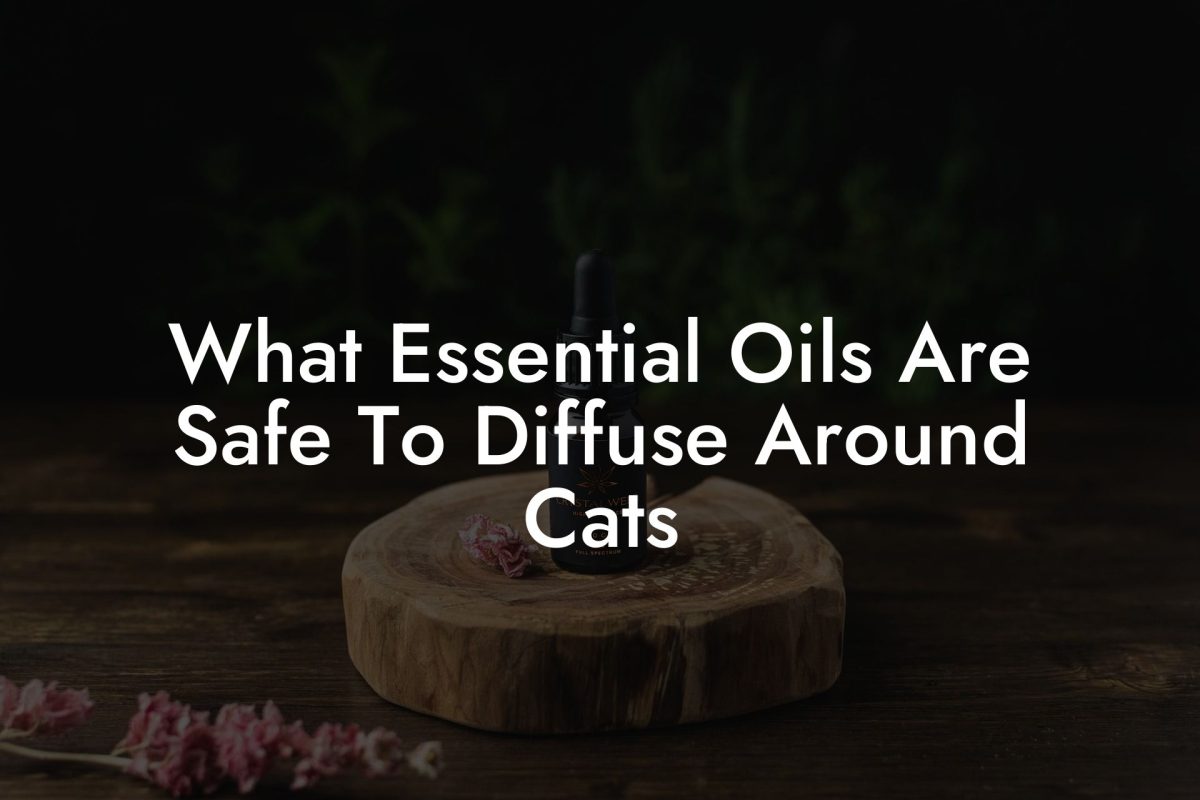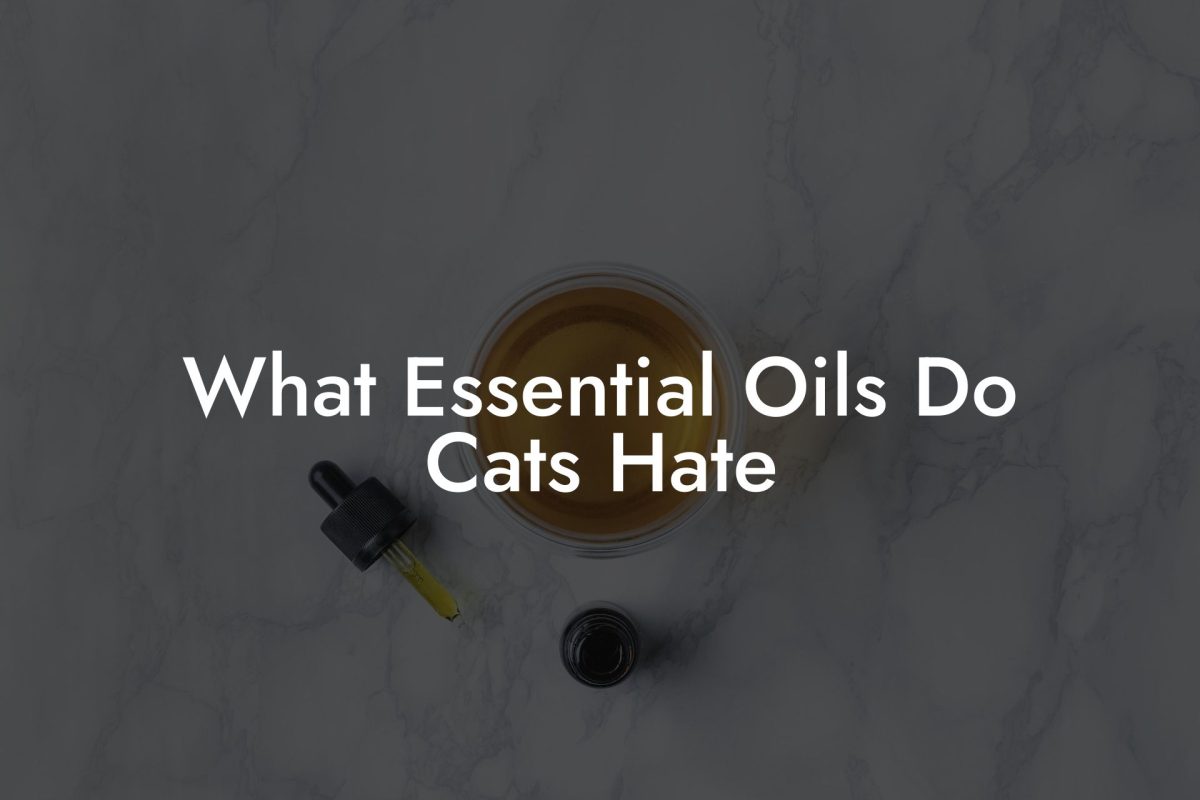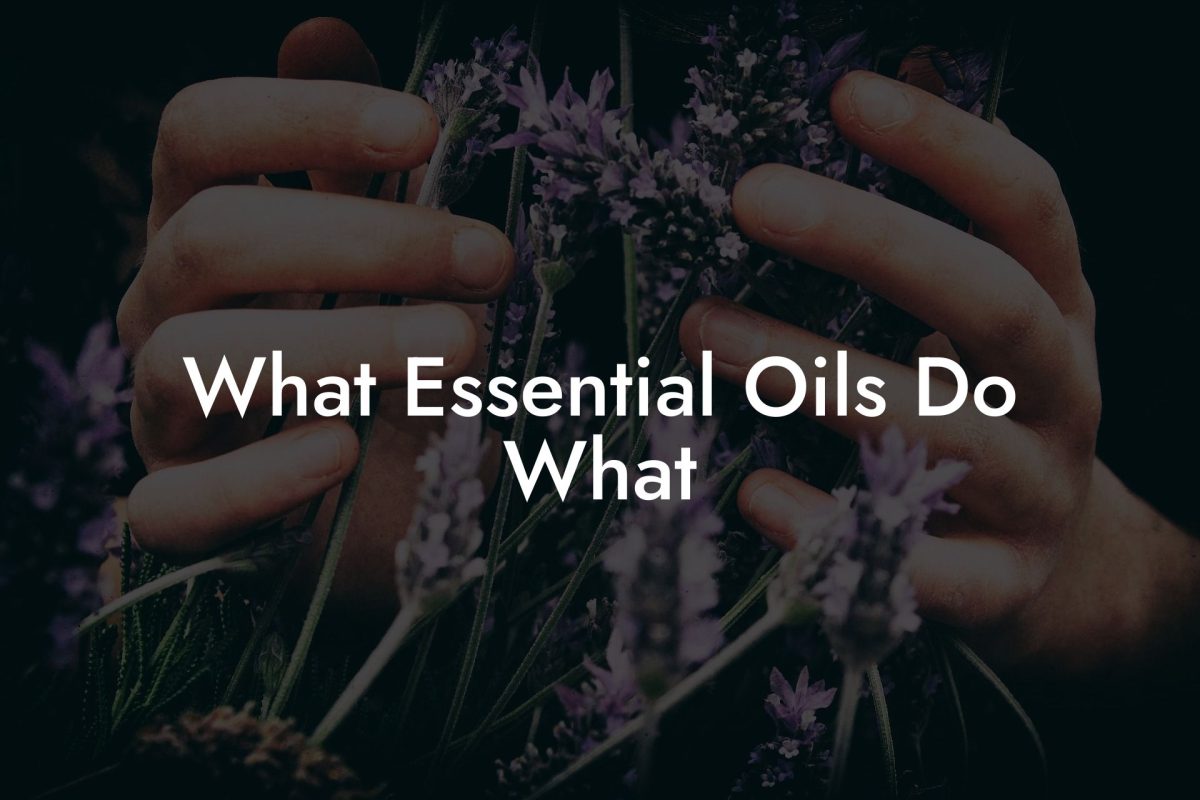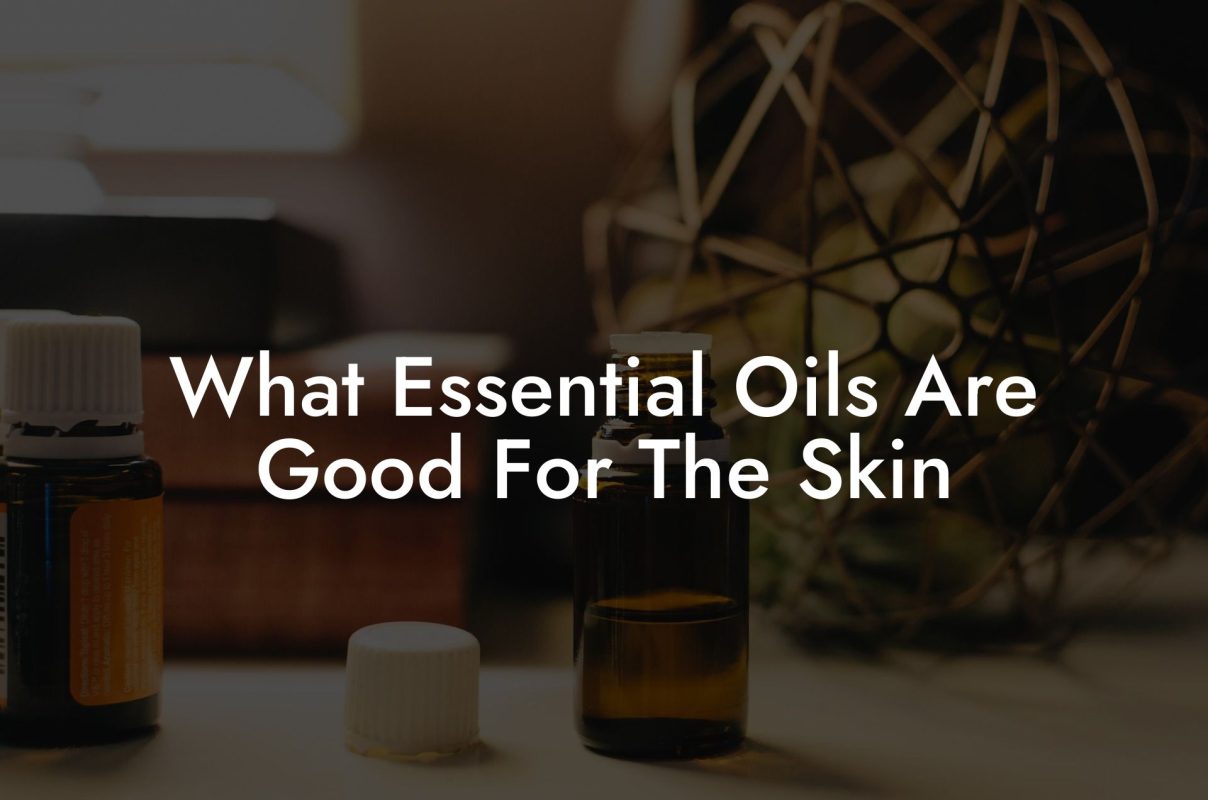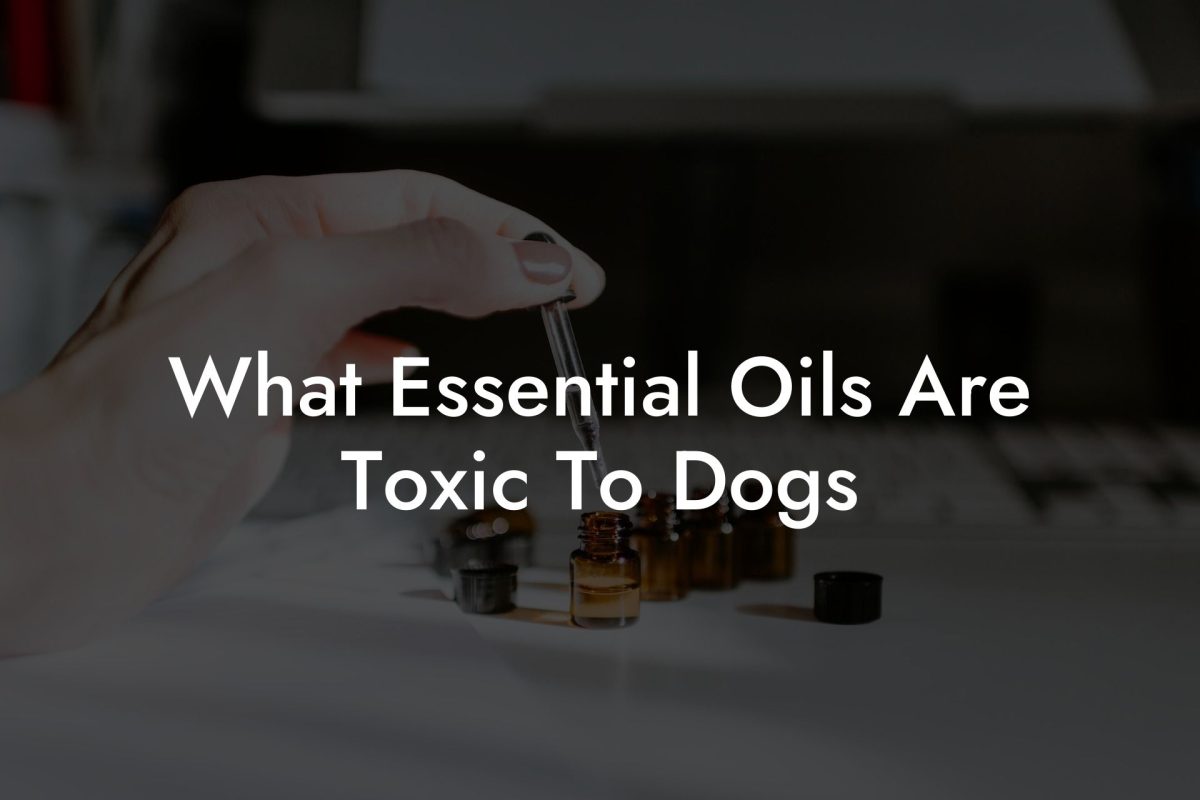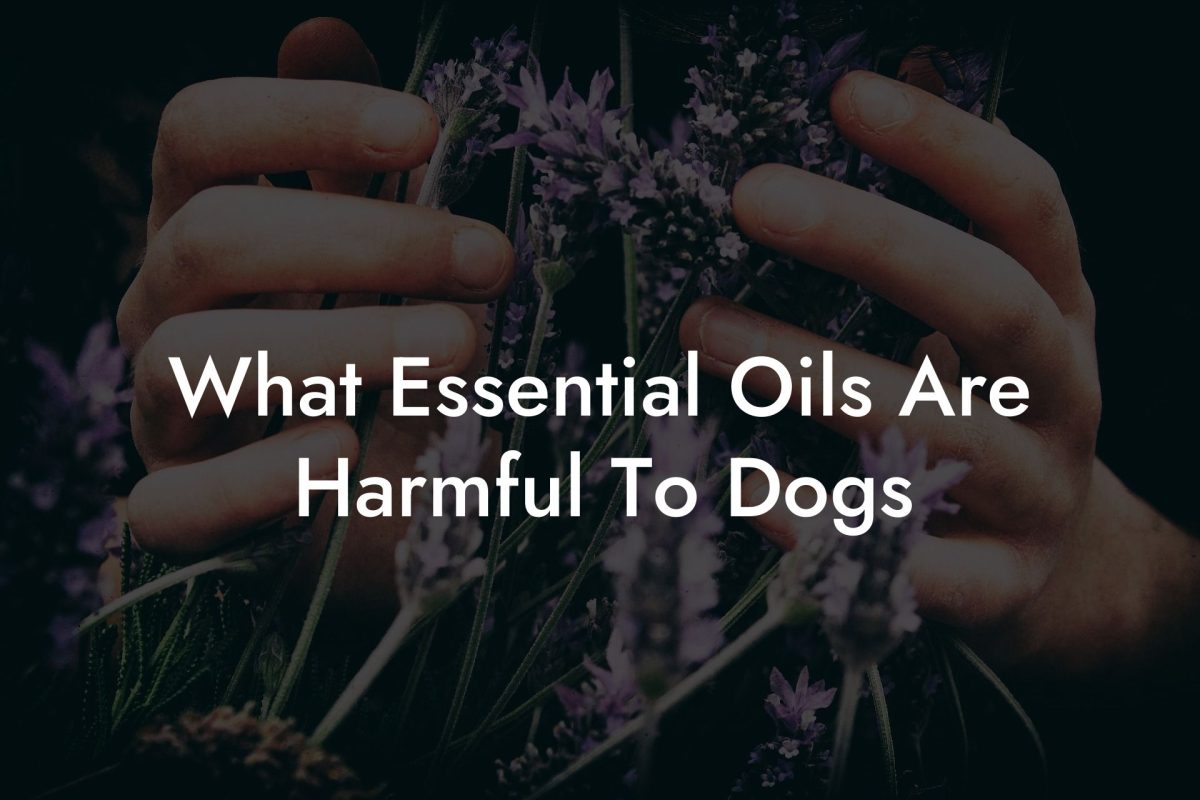Congratulations on your pregnancy! This is a wonderful and exciting time, but it can also be filled with many questions and concerns. One question you might be asking is whether it’s safe to use essential oils while you’re pregnant. In this article, we will dive deep into the world of essential oils and provide you with the information you need to make informed decisions about using essential oils during pregnancy. Get ready to discover the benefits and potential risks associated with use, as well as helpful tips to guide you on your essential oil journey during this special time in your life.
Table of Contents
Are Essential Oils Safe During Pregnancy?
The short answer is, it depends. Some essential oils can be safe and even beneficial during pregnancy, but others can pose risks. It’s important to consult with your healthcare provider and a certified aromatherapist before using essential oils while pregnant. Educating yourself and following recommended guidelines can help you make safe choices.
Essential Oils to Avoid During Pregnancy
Certain essential oils have properties that can be harmful to pregnant women or their unborn babies. These include oils with emmenagogue properties, which can stimulate menstruation or influence hormones. Some examples of essential oils to avoid during pregnancy are:
- Clary sage
- Aniseed
- Camphor
- Cinnamon bark
- Fennel
- Lemongrass
- Myrrh
- Rosemary
- Wintergreen
Keep in mind that this is not an exhaustive list, and you should always consult with your healthcare provider before using any essential oils during pregnancy.
Essential Oils That Are Safe for Pregnancy
On the other hand, some essential oils can be helpful in easing some pregnancy-related discomforts. Here are a few examples of essential oils that are generally considered safe for use during pregnancy when diluted properly according to guidelines:
- Lavender: May help with anxiety, sleep, and relaxation
- Chamomile: May assist with sleep, relaxation, and soothing skin irritations
- Frankincense: May help with anxiety, relaxation, and support healthy skin
- Ylang Ylang: May help with anxiety, relaxation, and sleep
- Mandarin or Tangerine: May help with nausea and digestion
Remember that essential oils are highly concentrated and should always be used with caution, especially while pregnant. Diluting essential oils is crucial, and using a carrier oil like coconut or almond oil can help ensure that they are safe for use on the skin.
Essential Oils While Pregnant Example:
You’re in your second trimester, and despite feeling great overall, you’re struggling with restless nights and sleeplessness. After discussing essential oil use with your healthcare provider, you develop a safe, calming bedtime routine. You fill a diffuser with water and add a few drops of lavender oil to create a relaxing ambiance. Then, you take a warm shower and gently massage a diluted chamomile oil onto your slightly damp skin, focusing on areas that may feel dry or itchy. Finally, you slip into comfortable PJs and take a few deep breaths of the calming scents in your room before drifting off to a peaceful sleep.
Now that you have a solid understanding of essential oils and their use during pregnancy, you can confidently and safely make informed choices. Remember always to consult with your healthcare provider and a certified aromatherapist before using essential oils while pregnant, and keep exploring the wonderful world of Oshu Oils for more guides and information on essential oils and aromacology. Don’t forget to share this article with fellow moms-to-be and encourage them to explore the benefits of essential oils on their journey into motherhood!

